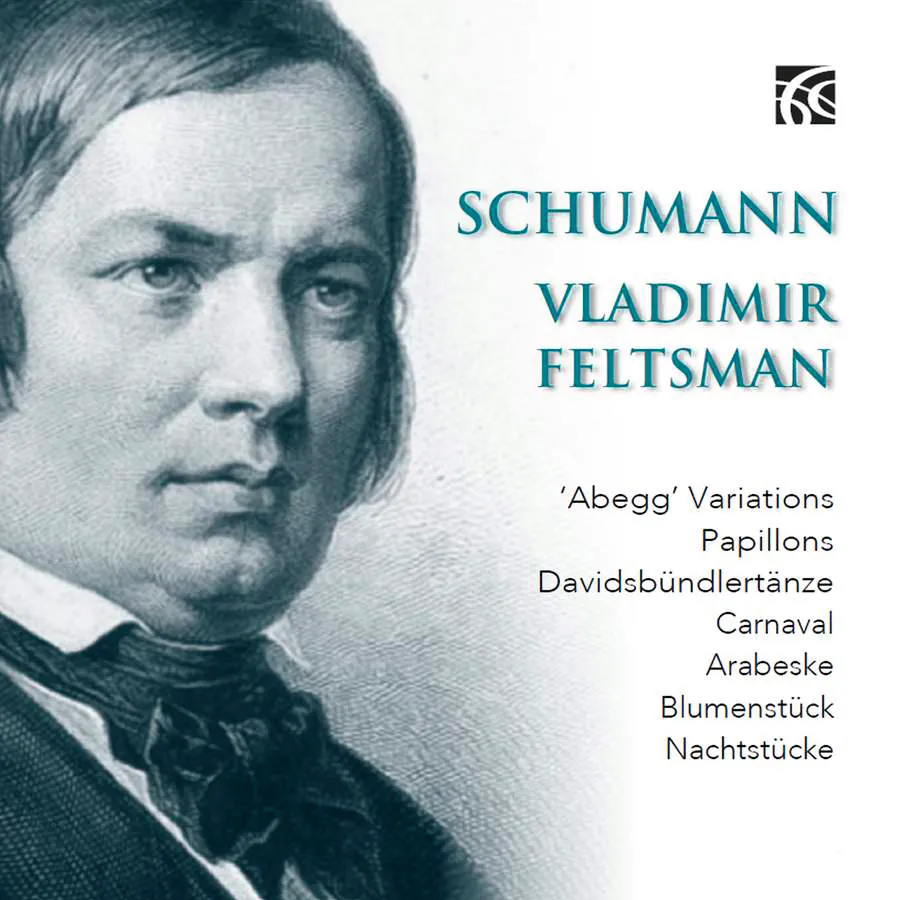
R Schumann ‘Abegg’ Variations; Papillons; Davidsbündlertänze; Carnaval; Arabeske; Blumenstück; Nachtstücke Vladimir Feltsman (piano) Nimbus NI 6433 128 mins
Vladimir Feltsman’s lengthy career is devoted to the 19th-20th-century Austro-German canon. Here he collects the early piano works of Robert Schumann. This is much-recorded repertoire, but he brings a reflective, layered quality to it (as well as some excellent liner notes) and some discoveries.
Feltsman’s Schumann is beautifully voiced and rhythmically free (and he makes the odd un-notated change to the score, thickening harmonies and disconnecting rhythms). Though this music can be difficult, virtuosity is the last thing Feltsman’s playing evokes; recalling Clara Schumann’s conception of her husband’s music, he does not play ‘passagework’, but shapes each line and traces each character.
The figures who drift and dance through Papillons come to technicolour life. There is something old-school about Feltsman’s conception of time as a material to be sculpted, squeezed and stretched at will. He is a compelling storyteller, puckish or dreamy as necessary. There are exquisite beauties among the 28 Davidsbündlertänze; the laconically titled No. 7 ‘Nicht schnell’ is unforgettable, despite quite bright recorded sound.
Making Carnaval sound strange and new after countless recordings is a huge challenge. This performance did not offer any particularly fresh insights although Feltsman’s voicing is often deeply astute. I developed great affection for his Brahmsian left-hand thumb, tracing hidden tenor melodies.
Not every piece responds to Feltsman’s approach, and two discs of early Schumann risks overdosing; even the most sympathetic rendering cannot relieve the claustrophobia of the composer’s binary intro-/extroversion, so enjoy this beautiful playing in smaller doses.
Natasha Loges
